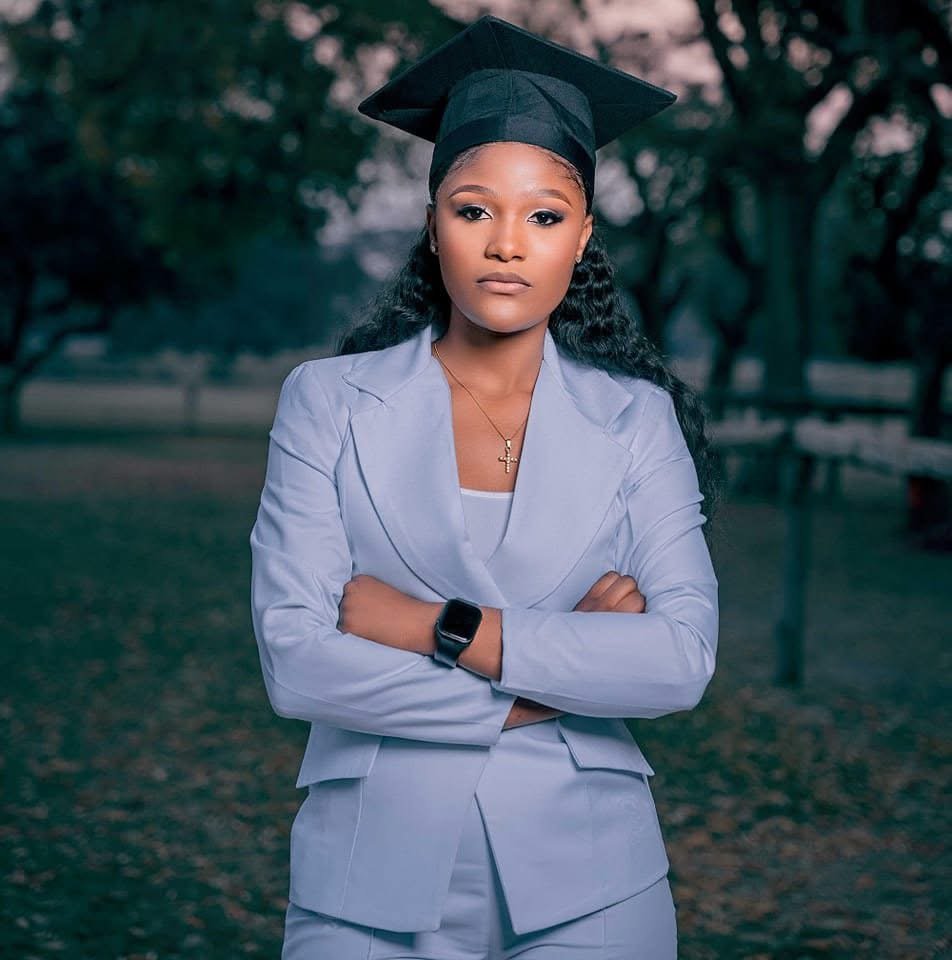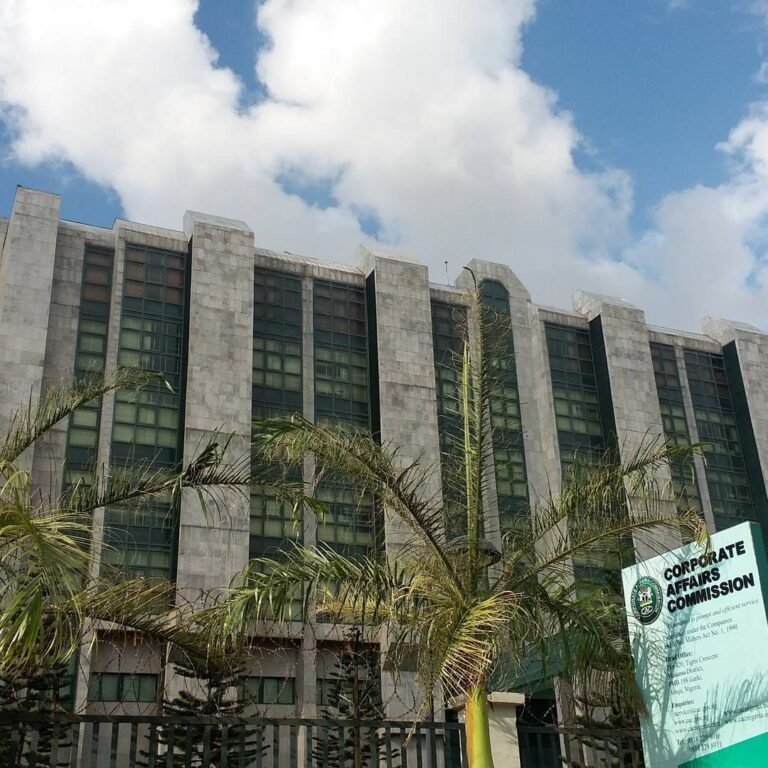In Zambia, liberty does not collapse all at once. It frays quietly, and deliberately under the boot of fear, and behind the facade of law. I know this not from theory, but from lived experience.
As a fellow in the 2025 Journalism for Liberty Fellowship by the Liberalist Centre, I have come to embrace a deeper understanding of liberty. It is not just the freedom to speak or publish; it is the freedom to seek the truth and deliver it, unfiltered and unafraid. But what happens when truth-telling becomes a punishable act?
This question confronted me on the 15th of April at the Kabwe Subordinate Court in Zambia’s Central Province. I was there to cover the court appearance of former cabinet minister Bowman Lusambo, already convicted in a separate corruption case, and now standing trial alongside Patriotic Front (PF) official Billy Sichamba and others for unlawful assembly.
As I stood outside the courtroom with my camera in my hand, I did what I have always done as a journalist: observe, record, and prepare to inform the public. But this time, I became the story. Uniformed police officers descended on me with hostility. They demanded I delete my footage. They manhandled my equipment. I was not under arrest. I had broken no law. I was simply targeted for doing my job.
Let us be clear: this was not a misunderstanding. This was an act of state-backed intimidation. It was a warning. Not just to me, but to every journalist who dares to document the dealings of the powerful.
There is a cruel irony in what happened. I was there to report on allegations of political abuse of power and I ended up experiencing an abuse of power myself. The media is not the enemy. We are not saboteurs of peace. We are facilitators of accountability. If the press is silenced, then the people are silenced. And if the people are silenced, democracy is little more than decoration.
What happened in Kabwe is part of a broader trend across Zambia. Journalists are increasingly harassed, surveilled, and obstructed when covering matters deemed “sensitive.” The censorship doesn’t always arrive with brute force; it arrives in subtle threats, in denied access, in whispered warnings, and in the quiet self-censorship that creeps into once-vibrant newsrooms.
Zambia remains, on paper, a constitutional democracy that upholds press freedom. But on the ground, liberty is rationed. It is conditional. It is often denied entirely to those who dare question power.
Liberty does not protect itself. It is protected by those willing to stand up for it, to write even when it’s risky, to film even when lenses are threatened, to publish even when the consequences are personal. That is the burden and the honour of a free press.
We must not grow numb to these small aggressions, because collectively, they become the architecture of authoritarianism. The journalist’s camera must never be seen as a threat. It must be defended as a public instrument—of memory, of accountability, of truth.
According to Nelson Mandela, “a critical, independent and investigative press is the lifeblood of any democracy.” What I experienced in Kabwe was a direct threat to that lifeblood—and it must not be ignored.
But I am not broken by what happened to me in Kabwe. I am more resolved. Because liberty, if it is to mean anything at all, must be lived, fought for, and preserved. Not on paper but in public.
Anna Mwila is a Journalism for Liberty fellow at the Liberalist Centre.













